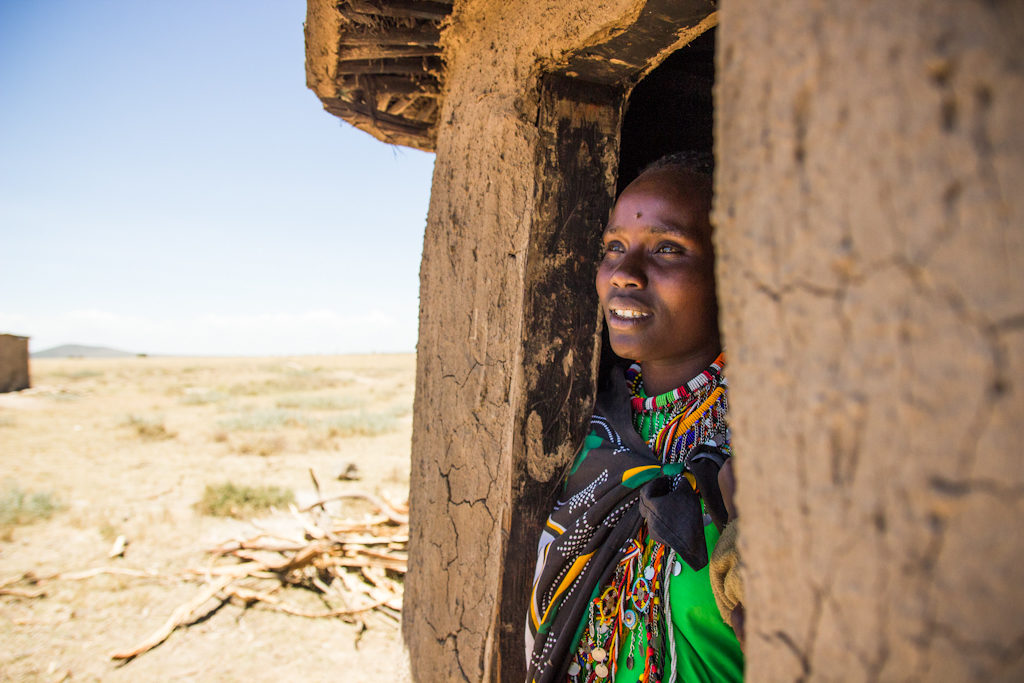There is a common Swahili saying that’s been my mantra (and may or may not be permanently inked on my back) for the past five years: “Kuuliza si vibaya”, meaning: “To ask is not bad.”

Have you ever wanted to know more about someone’s, or something’s, story but chose not to investigate further due to the all-too-common fearful thought: “I should already know this”? Maybe you feel like you’re already oversaturated with information, so ‘Why should this story even matter?’. Well, my friend, if you’ve ever wanted to know more it must mean that story does matter, and other people will feel similarly. There are many effective tools available to help you discover, capture, and share the stories about your technology, the individuals that make it happen, and the people that consume that technology.For as long as I can remember I’ve been curious – a perpetual asker of ‘Would other people think this matters?’ and consumer of photo stories. I’ve inquisitively listened to and recorded, what many would consider to be, the seemingly mundane details of everyday human life – sometimes for the purpose of a larger project, other times for the purpose of maintaining a personal sense of empathy, openness, and intrigue. I’ve always felt compelled to ask questions because they elicit stories – pieces of the human puzzle that contain the potential for connection. And, really, the more questions one asks, the more obvious these connections become. None of us are really all that different.

I don’t think, scratch that, I know that I’m not alone in my appreciation for documenting the human story. As the Lascaux Caves prove, humans have been recording and sharing stories for over 20,000 years. And although technology is advancing at an unstoppable speed, leaving us with 0.7 second attention spans and a variety of apps that feed us shallow, easily digestible stories – humans are still wired to believe that stories matter. Our ancestors, social media, and DNA remind us of this truth.

Sure, our species is a bit overstimulated and borderline numb due to our inundation of photos and words from our newsfeeds, but at least our storytelling options are no longer limited to drawing on caves or the written word. We now have a vast pool of incredible storytelling resources and tools at our fingertips – equipping the average CEO, financial officer, or scientist to document narratives that are rich in detail, gorgeously visual, and profoundly emotional. And our phones have blessed us with the capacity to easily record audio, capture images, and create graphics. Thus, the majority of you reading this blog are well-equipped with a storytelling tool belt, harnessing the necessary devices to communicate about your product, company culture, and research in forms that have the power to educate and transform.

Don Pickering, CEO of Olis Robotics, actualized a first-rate manifesto that is a great example of written storytelling and science. He successfully utilized engaging storytelling to illustrate complex science to a far-reaching audience, “We’re taking the fiction out of science fiction and solving a problem that I know will deliver a profound positive impact on humankind.”Over time, photography developed into my chosen method of storytelling – sending me to document the lives of people in remote South Sudanese villages, single mother refugees in eastern Washington, and rice farmers in central Vietnam. Though I’ve primarily used photography to capture humanitarian-focused stories, a photo is equally important and necessary for explaining science. It allows the viewer to witness a scientific concept in action, meet the team behind a project, and learn the stories of its beneficiaries. Photography is an effective bridge that pairs well with the written word to connect the general public to complex subject matters.

So whether you are a lab technician, a founder, a product developer, or a mathematician, storytelling, in all its forms, matters! And you, too, can expertly record and share the accounts of your work, your product, and your company with the larger world.
For a list of storytelling tools, stay tuned for part II.